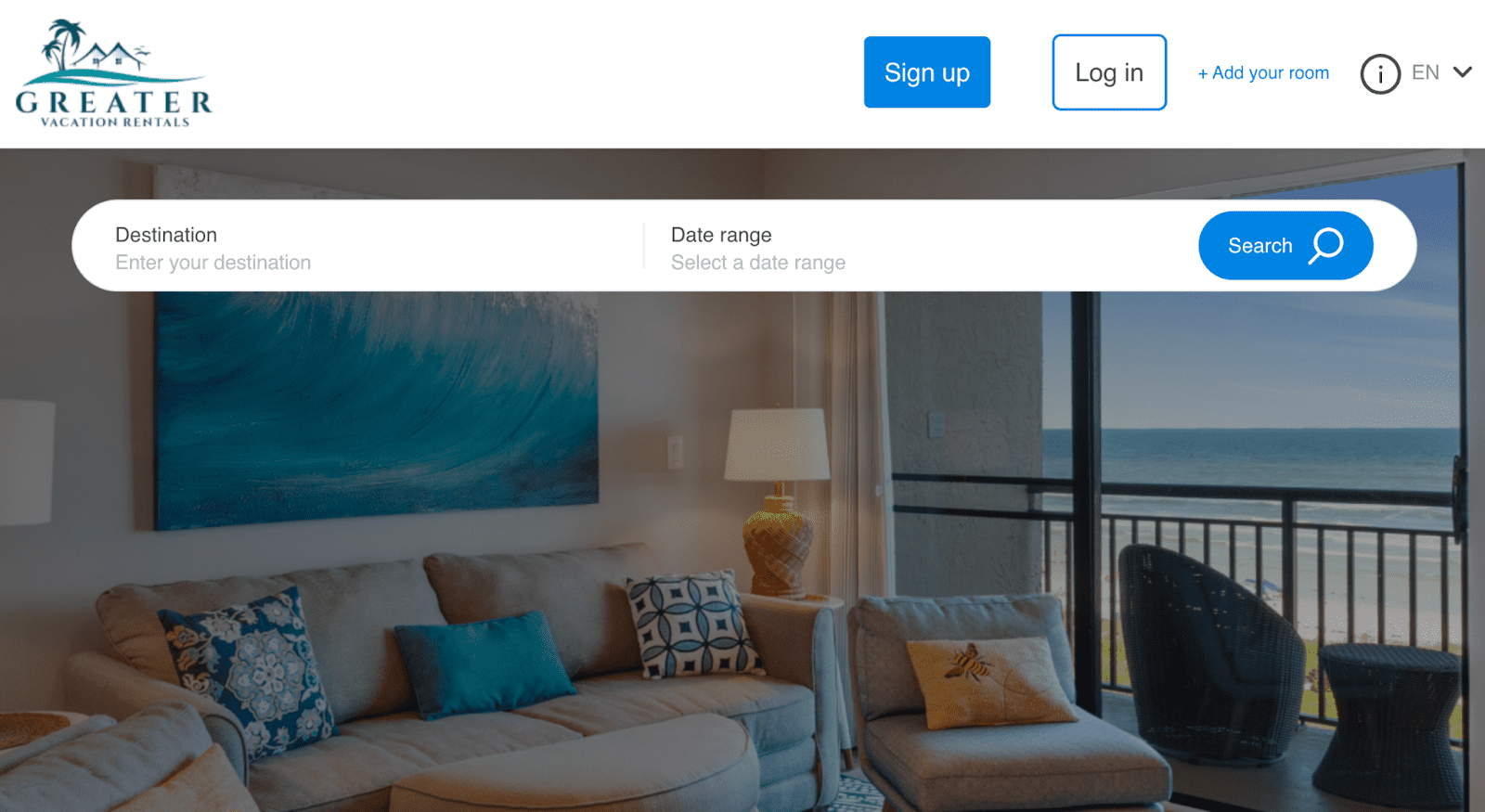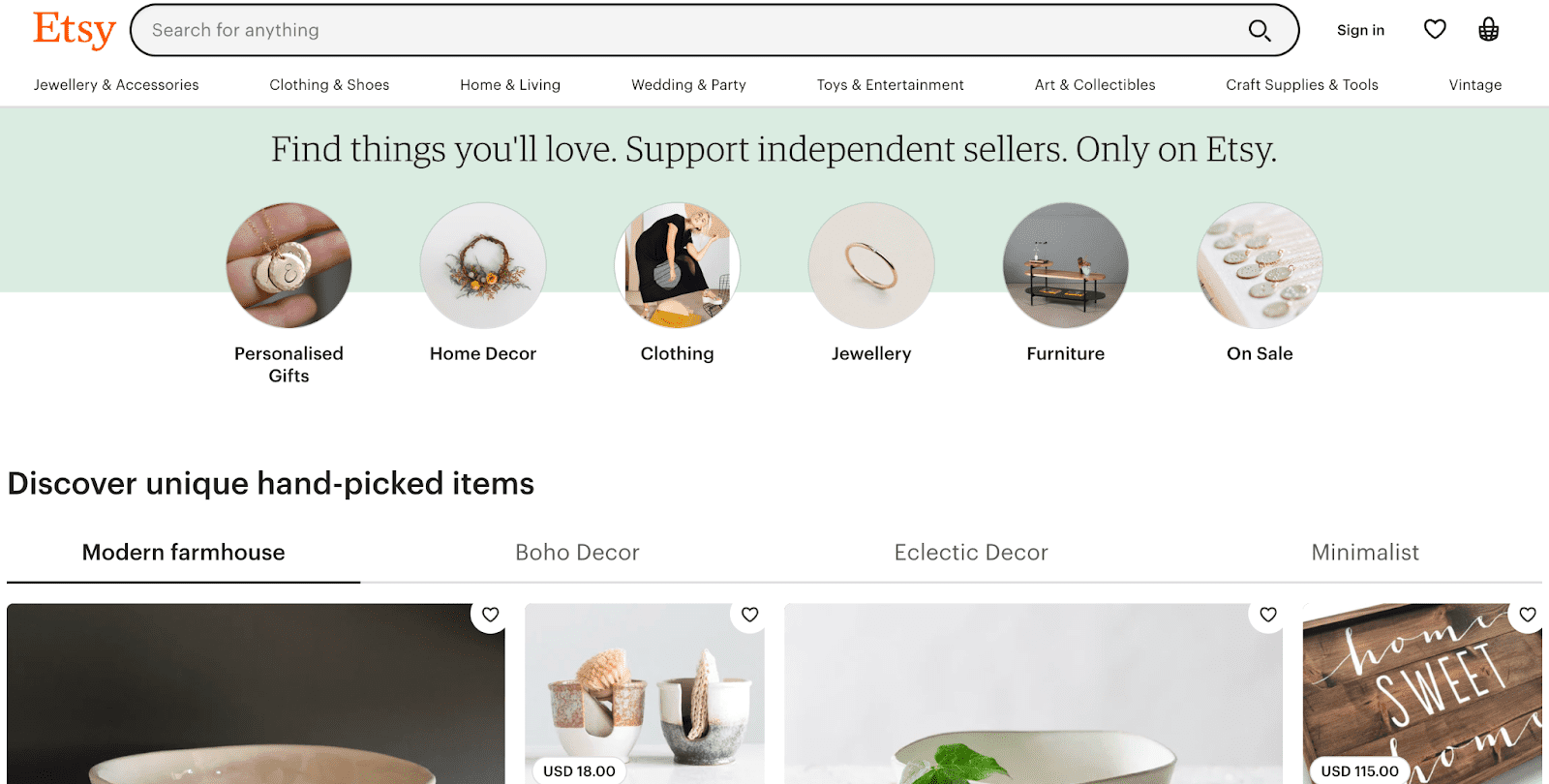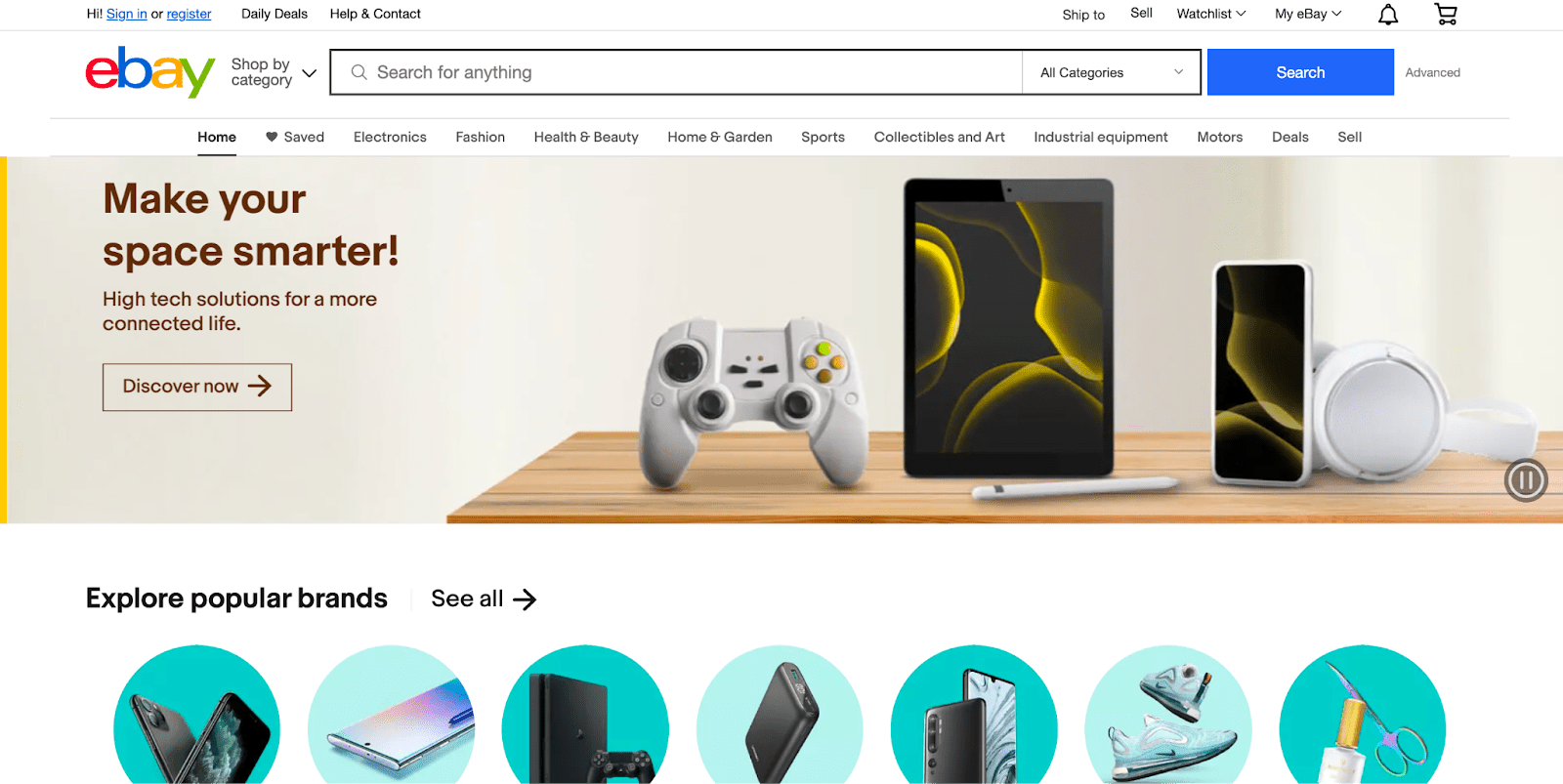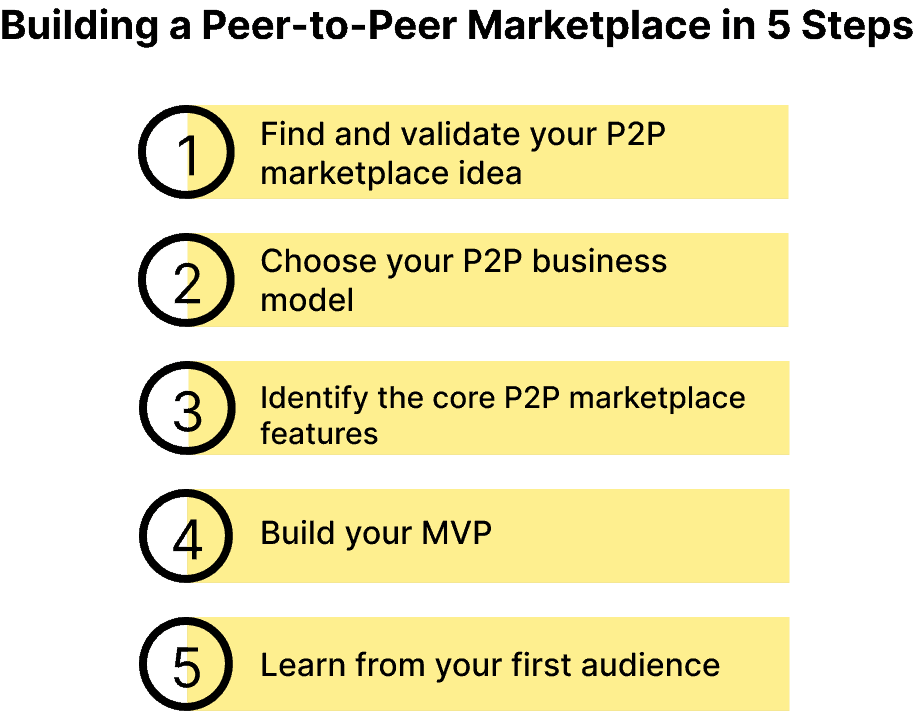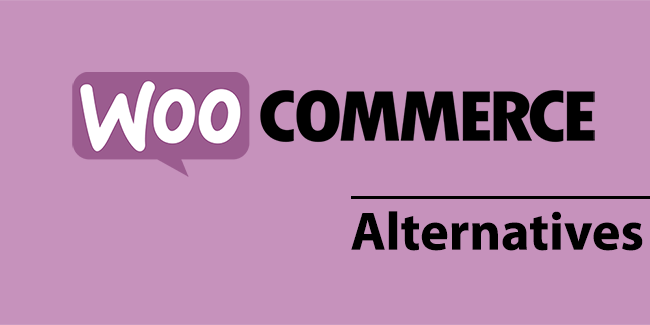3 Most Popular Types of Online Peer-to-Peer Marketplaces in 2022 with Examples

Since 2020, we have witnessed a spike in marketplace sales. The top online marketplaces in the world sold $3.23 trillion in goods in 2021. These numbers are only expected to increase given current circumstances.
E-commerce sites like Uber, Amazon, eBay, and Airbnb have taken P2P platforms to another level and paved the way for future innovation. Now, users can get the best deals on an item they want to buy without moving from place to place. So, you can make a profit by building and launching your P2P marketplace.
In this article, we will discuss the types of P2P marketplaces, why to build a P2P marketplace, and how to build one. If you are a beginner and want to start your marketplace, this is a good place to start.
What is a Peer-to-Peer (P2P) Marketplace?
A P2P or peer-to-peer marketplace is a platform that connects people who own a product or service and those who want to rent or buy it. A classic example of a P2P marketplace nowadays is Amazon.
These platforms help to connect the buyer and seller. They handle the payment and ensure that it is safe and secure for all parties involved.
P2P marketplaces do not need to own any products or provide services on the platform. That is why it is less costly to start this type of business. They rely on the products or services of other sellers who need such platforms to display their products.
However, as the business scales, platforms can develop their brand products or services and offer them on the website. For example, Amazon offers Kindle, which is an online bookstore, or Asos which has its brand clothing line.
Types of Online Peer-to-Peer Marketplaces With Examples
Let’s look at the three types of peer-to-peer marketplaces and their examples: peer-to-peer product-selling, peer-to-peer rentals, and peer-to-peer services.
Peer-to-Peer Rental
The sudden rise to fame and success of Airbnb made people realize the potential of P2P rental. It is a marketplace where people can rent products or services to other consumers. This type of marketplace is popularly run based on the commission model. So, the admin will receive a commission for every customer booking.
The presence of Airbnb has significantly disrupted the hotel industry because people can now find more comfortable housing options for vacation. Here are some P2P rental marketplaces:
Not only Airbnb has risen to fame and disrupted industries. There are tons of P2P online marketplaces that help people rent products or services.
For example, Greater Vacation Rentals is an online rental marketplace allowing users to book vacation accommodations. It has an innovative UI and UX design. The platform is built using React, which is one of the best software development kits for P2P rental marketplaces. This platform is designed and built by Sloboda Studio, a full-cycle software development company with over 7 years of experience building and scaling marketplaces.
Peer-to-Peer Products
Marketplaces can also host goods. Manufacturers wanting to advertise and sell their goods online can create listings on such platforms to gain clients. For the sellers, it is by far easier than setting up a physical storefront, and for the buyers, they don’t need to be displaced. All of the transactions occur on your P2P product marketplace, which is secure and they can trust.
A good example of a successful peer-to-peer product marketplace is Etsy. Here entrepreneurs can sell their handmade goods to other consumers. This marketplace generated $2.32 billion in revenue in 2021 as compared to $451.5 million the previous year.
eBay is another P2P product marketplace that has been around for some time now. On this platform, people can list any product they wish to sell. As of 2021, the annual revenue for eBay was 10.42B, a 17.16% increase from the previous year.
Peer-to-Peer Services
Online marketplaces can also help users provide and obtain services.
Lyft and Uber are good examples of P2P service marketplaces. These companies have made it easy for people to get rides within the localities.
There are tons of other examples, such as TaskRabbit, where people can find handymen to complete tasks for them. The platform runs a background check on all taskers and conducts interviews before people can join. This is to ensure security. There are also platforms where people can find local guide tours, online tutors, and much more.
Why Build a Peer-to-Peer Marketplace?
There are lots of benefits to building your P2P marketplace. However, you will also encounter some challenges in the process.
No Inventory Needed
Being able to run a successful business without any inventory can be a huge boost for beginners. This is because you will not need much capital to start.
Investing in inventory takes a toll on your budget, and some companies fail due to a lack of funds. So, in this case, you have already eliminated one of the reasons for failure.
Let’s look at a platform like Airbnb, which is now the biggest online apartment and hotel rental marketplaces in the world. However, they don’t own a single hotel. Instead, they have created a platform where others can rent out their houses, residences, or hotels to travelers.
P2P Network Effects
P2P marketplaces are bound to gain powerful network effects. This is when the value of the platform depends on the number of users who leverage it. Here, the more users you attract to your marketplace, the higher the credibility and value. It helps the business scale faster than those where the network effect is not applicable.
Software Development Services Are No Longer Scarce
Long gone are the days when developing a website or software required a huge investment of time, money, and resources. Software development services are readily available, and there is no reason not to exploit them.
To build your P2P marketplace, there are two most common options:
- use a website builder like Wix
- hire a custom software development company like Sloboda Studio
Both options are great, but if you need a more scalable and unique platform, it is better to go with outsourcing to a custom software development company.
Challenges of The Peer-to-Peer Marketplace Model
Building your online marketplace is not always a smooth ride. You will encounter some challenges which will need to be overcome. Here are some of the challenges:
- Solving the wrong problem. Marketplaces like Airbnb are successful because they provide a solution to real-world problems. So, before you commit time and money to the project, it is important to validate your idea. Create an MVP of your marketplace as soon as possible and start receiving feedback from early users.
- Identify the right business model. Of course, your main goal is to make profits. And your ability to do so heavily depends on your business model. Consult with full-cycle software development companies with experience building and launching marketplaces about the best business models. It is important to choose one which is sustainable as your business scales.
- Building trust. This is probably one of the most difficult challenges you need to solve. As a startup, you will not have the level of brand trust that veterans do. So, you need to build that trust gradually. For example, Airbnb has implemented features such as a secure payment system, background verification, and social media connections to build trust.
Building a Peer-to-Peer Marketplace in 5 Steps
Building your P2P marketplace should be a process of learning and iteration. Here are five steps to get your marketplace up and running:
Find and Validate Your P2P Marketplace Idea
Every successful business today started with a great idea. Not all generated ideas are good, so they will need to be screened. Once the idea passes the test, it has to be validated by potential users.
Validation begins with defining your goals. Here, you will decide what you want to learn and what aspects to validate.
After defining the goal for idea validation, start developing a hypothesis based on that goal. The best type of hypothesis is a testable statement, which should contain a prediction.
Once the hypothesis is developed, start validating the assumption by carrying out experiments. There are many different ways to run experiments such as A/B tests, building a prototype, interview/survey, etc. This should confirm if your assumption is valid or invalid.
If the idea has potential, and the most critical assumption is correct, you can start refining your idea.
Choose the P2P Business Model
The business model you choose will decide your success and profits.
For a start, it is advisable to keep costs low to bring in more use. However, the revenue model should be able to sustain the operations of the business.
Most P2P marketplaces use the commission-based model. Here, the platform takes a commission on every transaction.
Identify the Core P2P Features
Compared to other eCommerce platforms, peer-to-peer marketplaces need a distinct set of features. That is why website builders like Shopify or Wix are not a great choice to use for building the platform.
You should be able to add functionality that makes the marketplace unique and useful for the users.
Here are some core features:
- Profiles
- Listing pages
- Website navigation and search
- Online payments
- Reviews
- Communication tools
- Admin features
Build Your MVP
The MVP or minimum viable product is the first iteration of your online marketplace that the customers will use. Usually, it has all the core features that will be present in the final product.
Ensure that the first users have a great experience. Users should be able to use the platform without many issues. For example, they should be able to list or buy products or whatever the platform is used for.
The Minimum viable product will give you a general idea of people’s response to the platform and what should be improved.
Learn From Your Early Audience & Grow
Use the feedback provided by the first users to make adjustments to the platform. Ensure the new providers can use the platform comfortably.
Create the key marketplace metrics and track them to see how well the business is doing over time.
Sum it All
The success of your P2P marketplace will depend on the type of P2P marketplace you decide to build. There are three types to choose from: P2P rental, product, and service marketplaces.
To ensure that your platform is user-friendly and launched successfully, it is necessary to follow these five steps:
- Find and validate your idea
- Choose the business model
- Identify the core features
- Build the MVP
- Learn from your early audience
Building a P2P marketplace can be very profitable, but it is not a walk in the park. It needs careful planning and execution. However, with the right guidance and expertise, you can build a platform that will disrupt several industries.


